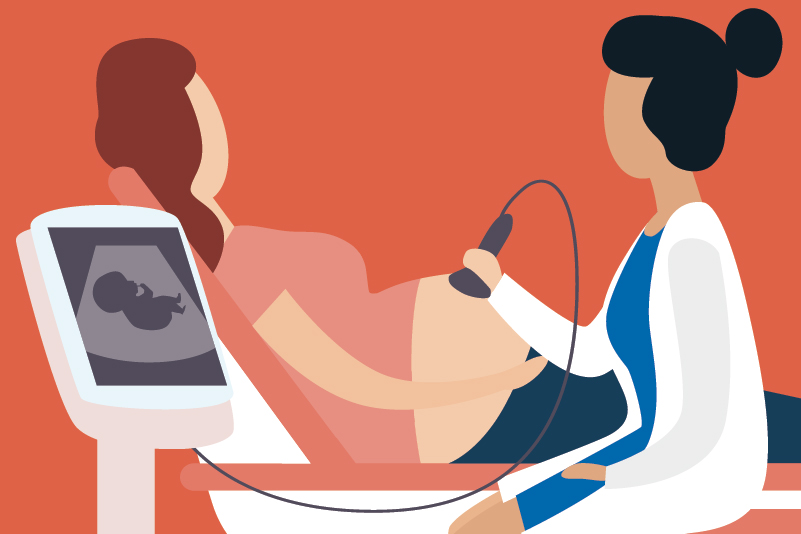#184 Preventing Allergies with Omega-3 in Pregnancy: Another fishy idea?

Reading Tools for Practice Article can earn you MainPro+ Credits
Join NowAlready a CFPCLearn Member? Log in
- Four Systematic Reviews:1-5 Cochrane best.1
- Eight Randomized Controlled Trials (RCTs) with 3,366 pregnant women given ~400-4,500 mg of fish oil daily starting gestational week 20-30. Frequently, child’s parents/sibling had allergic disease.
- 76 meta-analyses performed: Six statistically significant, with only four of those based on ≥2 studies, at 1-3 years.
- Any allergy with sensitization (positive skin prick test): Rate Ratio (RR) 0.66 (0.44-0.98), Number Needed to Treat (NNT)=23.
- Eczema with sensitization: RR 0.61 (0.39-0.95), NNT=23.
- Sensitization to eggs or any allergen: RR 0.55 (0.39-0.77) and 0.70 (0.53-0.94), respectively.
- Asthma, rhinitis, peanut allergies, and many others negative.
- No increased risk of postpartum hemorrhage.
- 76 meta-analyses performed: Six statistically significant, with only four of those based on ≥2 studies, at 1-3 years.
- Most recent systematic review found similar.2
- Eight Randomized Controlled Trials (RCTs) with 3,366 pregnant women given ~400-4,500 mg of fish oil daily starting gestational week 20-30. Frequently, child’s parents/sibling had allergic disease.
- Three studies not included above:
- New RCT of 695 children x6 years (mothers took 2.4 g/day fish oil or olive oil from ~24 weeks gestation):6
- Persistent wheeze/asthma reduced, Hazard Ratio 0.69 (0.49-0.97), NNT=15.
- No effect on other allergic outcome.
- Two extended follow-ups of previous studies:
- 533 children followed ≤24 years: Some outcomes (example asthma medications use) reduced versus placebo (olive oil) but not versus no supplement.7,8
- 706 children x6 years: Allergic disease 31% in both groups.9
- New RCT of 695 children x6 years (mothers took 2.4 g/day fish oil or olive oil from ~24 weeks gestation):6
- Fish oil contains the omega-3 or n-3 Long Chain Poly-Unsaturated Fatty Acids eicosapentaenoic acid and docosahexaenoic acid.
- Common adverse events include belching (41% versus 10%) and unpleasant taste (26% versus 4%).10
- Some studies11,12 found ~10% more drop-outs but not consistent.10 \
- Fish oil supplementation in pregnancy remains debatable13 but some sites encourage fish/fish oil consumption,14,15 but women should review warnings around possible mercury contamination and excess Vitamin A with cod liver oil.15














